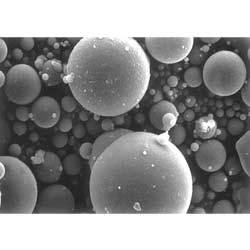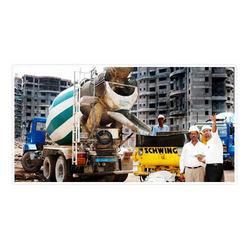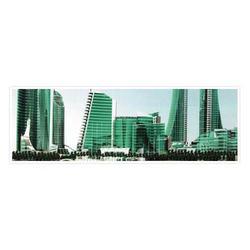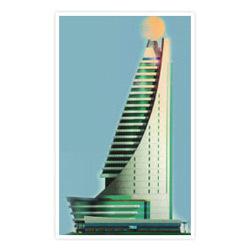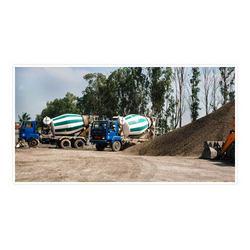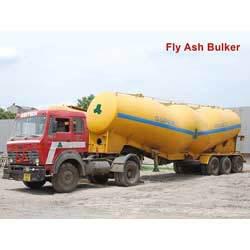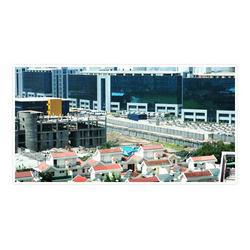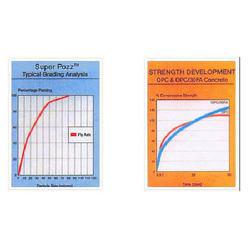Ashtech India Private Limited
Company Overview
Fact Sheet
- Location:Maharashtra, India
- Year of Establishment:1997
- Business Type:Manufacturer, Distributor / Wholesaler, Exporter
- Turnover:Rs. 50 - 500 Crore
(or USD 10 Million - USD 100 Million) - Main Products:Fly Ash, Super Pozz
- Reviews & Rating:
Get Verified, Sell more with
- Buyer's trust
- Faster conversions
- Better Rankings
- More
Its Free
Verify NowCompany Info
Overview
Ashtech's commitment to uncompromising quality, responsive service, competitive pricing through continuous innovation in process, productivity, motivated work force, efficient marketing and wide distribution network keeps us ahead of our mission to excel in our chosen field.
Ashtech's Fly Ash is among the first Classified And Processed material being made available in India. By classifying and processing, we ensure that our Fly Ash is consistent and in compliance with the most stringent specification requirements of various international codes of practice such as BS 3892 Part 1, ASTM C 618 Class F, EN 450 And IS 3812 Grade 1.
Our customers can, therefore, be assured of the highest standards of quality, process control and product consistency.
Benefits of Fly Ash Usage
Fly ash is a bi-product of coal based thermal power stations generated by the combustion of pulverized coal. It is a pozzolanic material rich in silica & alumina and spherical in shape. The commonly known benefits of using fly ash in concrete are:
Workability
Reduced permeability
Reduced heat of hydration
Improved pump-ability
Improved sulphate and chloride resistance
Reduced risk of alkali aggregate reaction
Increases long term strength
Better concrete finish
Reduced bleeding and segregation
Reduced shrinkage and many more
Green Benefits
Today, fly ash is one of the greatest energy saving resource and as a recycled material, it creates significant benefits for the environment. Harmful CO2 emissions or greenhouse gases are reduced when fly ash is blended with cement or used as a cement extender in concrete applications. For every ton of cement replaced by fly ash, it enables less energy to be consumed and there is a marked improvement in the environmental footprint of the concrete.




